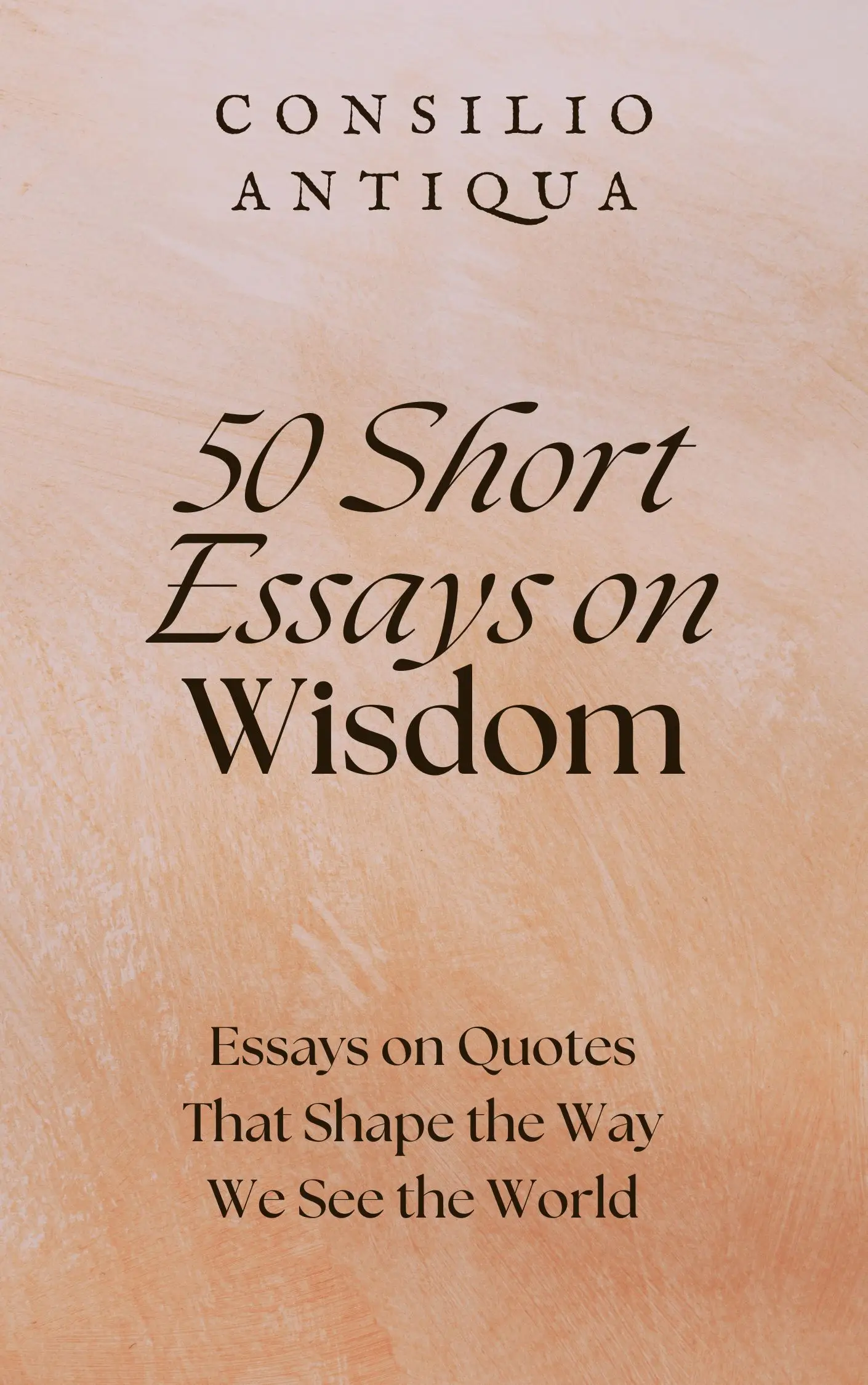
50 Short Essays on Wisdom | The Resonance of Kindred Spirits
The Resonance of Kindred Spirits
"Birds of a feather flock together." - Robert Burton
The scent of woodsmoke and damp earth hung heavy in the air as we huddled around the crackling fire, a disparate group bound by a shared love of the Appalachian Trail. A lawyer, a sculptor, a retired teacher – we were as different as the trees surrounding us, yet the shared experience forged an unspoken bond, a silent understanding that transcended our individual backgrounds. This shared experience, this sense of belonging, echoes the ancient proverb, "Birds of a feather flock together," a seemingly simple statement that, upon closer examination, reveals a profound and multifaceted truth about human nature and the search for community.
The proverb's origins are lost in the mists of time, its essence resonating across cultures and centuries. While Robert Burton's articulation is well-known, the sentiment itself is far older, appearing in various forms throughout history. In ancient Greece, philosophers explored the nature of friendship and the importance of shared values, laying the groundwork for understanding the innate human desire for connection. The proverb's enduring appeal lies in its intuitive grasp of a fundamental human need: the yearning for belonging, for finding solace and strength in shared experiences and perspectives.
At its core, the wisdom of "birds of a feather" speaks to the comfort and validation found in shared identity. The familiar rhythm of understanding, the effortless exchange of ideas, the unspoken empathy – these are the hallmarks of genuine connection. We find solace in the company of those who mirror our values, who share our passions, who understand the nuances of our experiences. This resonance is not merely superficial; it's a deep-seated human need, a fundamental aspect of our social fabric. It's in these shared spaces that we feel seen, heard, and truly understood.
However, the proverb's simplicity masks a darker side. The comfort of familiarity can easily morph into the exclusion of difference. The flock, so comforting in its homogeneity, can become a cage, limiting perspectives and stifling growth. In today's world, this manifests in the echo chambers of social media, where algorithms reinforce existing beliefs, creating isolated communities that lack the crucial friction of dissenting voices. Professional networks, too, can fall prey to this tendency, prioritizing homogeneity over diversity of thought and experience. The challenge lies in recognizing the fine line between the comfort of shared identity and the stagnation of exclusion.
Consider the diverse tapestry of human experience. The richness of our lives stems not only from the echoes of our own experiences but also from the dissonance of others' stories. The lawyer on the Appalachian Trail, with her meticulous approach to problem-solving, brought a different perspective to our shared journey than the sculptor, whose hands were attuned to the flow of nature. These contrasting perspectives enriched our collective experience, expanding our understanding of the world and ourselves. The true wisdom, then, lies not in simply flocking together, but in cultivating communities that embrace both the resonance of kindred spirits and the transformative power of difference.
Reflect on your own circles. Who are the birds in your flock? Do they mirror your values, or do they challenge and expand your horizons? What are the benefits and limitations of your chosen communities? By consciously cultivating a balance between affinity and inclusivity, we can build communities that are both deeply supportive and profoundly enriching. The journey towards genuine connection is not about finding perfect mirrors, but about embracing the beautiful, sometimes messy, complexity of human experience.
Ultimately, the proverb's enduring power lies in its paradoxical nature. It reminds us of the profound comfort and strength found in shared identity, while simultaneously urging us to acknowledge the limitations of homogeneity. The true wisdom lies not in simply flocking together, but in creating communities that celebrate both the resonance of kindred spirits and the transformative power of difference. This is the delicate dance of connection, a dance that requires both courage and compassion.
